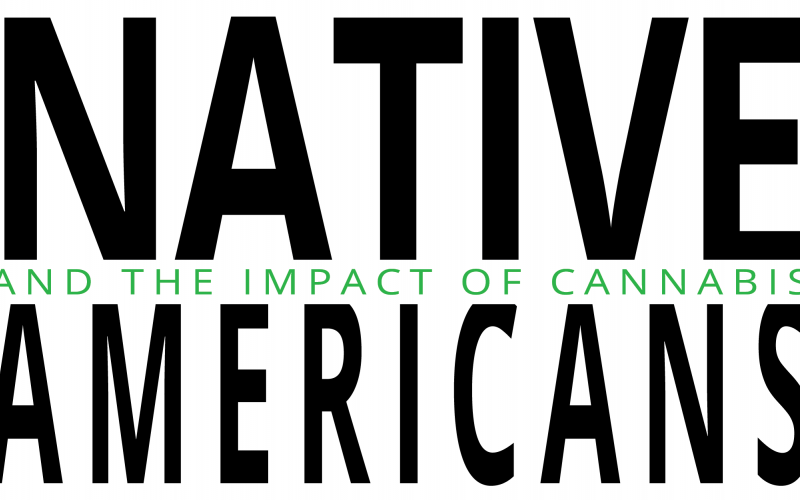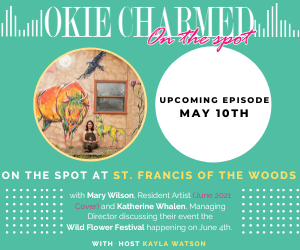Indigenous Insight, Native Americans and the impact of Cannabis
Many indigenous nations use herbs, plants, and weeds for ceremonial and traditional purposes and practices. Whether it's for medical use or for spiritual healing, there are many reasons these plants are available for us to use on a daily basis. We believe the creator put these here for a significant reason. There seems to be a fascination for Native Americans and their use of cannabis. This plant has many stories from various tribes that reflect its early existence and usefulness to the Native American people. This is an interesting topic, because cannabis and Native Americans highlight today's modern day history. As you already know, it has been proven to be medically beneficial to patients that may have a life threatening illness and/ or mental illness. Cannabis is diverse; it serves different purposes; and different cultures from around the world use it in different ways. From pain management to glaucoma, from dealing with anxiety or enjoying the euphoric feeling of being high, cannabis has a lot to offer today.
In recent years, Oklahoma’s adoption of medical marijuana use has made this a controversial and difficult issue for tribes to maintain and support a platform that is outlawed within federal land and tribal jurisdiction. There are several tribes in Oklahoma that advocate and support the cannabis industry for the benefits of their tribal members and the positive impact it could make in our state. There are also tribes that are very reluctant to adopt cannabis as a plant and as a business. In the past, they had been influenced by lawmakers, educators, and priests to think it is bad and bad for you. Some people still believe and feel this way. Recently, the platform for recreational use of marijuana has come to the forefront. Do you believe recreational use will make a positive or negative effect on our tribes? We do not know, but what we do know is it has made an extraordinary impact and a financial advancement for our state.
The controversy over legalization for tribes has been debated for many years among tribal and state leaders. Laws and policy making for tribes in Oklahoma had always been a “Catch 22” if you know what I mean. The 39 federally recognized tribes are all considered sovereign and have a government-to government relationship to the federal government and states. Tribal sovereignty gives tribes under the United States Constitution the right to regulate and govern their own internal affairs. Under their sovereignty, they have the legal right to make compacts with state officials and government such as the Hotel and Casino Compacts. The benefits of these compacts help and benefit the public system and their tribal members by their shared interest in profits. I feel cannabis will bring positive change and a better learning environment for our Native American people. When I visited the Paiute Tribal cannabis businesses in Las Vegas, Nevada, I discovered nothing but good things happening with their industry for their nation and their state. The tribe has bought two casinos/hotels off the famous Vegas Strip since the booming of their cannabis industry. They bought the Palms Casino Resort which will be opening later this month and are part owner of MGM, who also own 7 other casino resorts. The casinos in Vegas are not all owned by the tribe, but there are some that are built on tribal lands.
There are concerns for the adult and juvenile tribal members who are affected by substance abuse. This makes it challenging for tribal leaders to navigate policy change on the cannabis industry because in the past there were activities of gangs and organized crime. The United States Justice Department, who makes the decisions on the regulation of Cannabis on Federal lands, feels it will cause chaos in the tribal community. DOJ is committed to dealing with tribes on a government-to government, special trust relationship to serve and protect sovereign Tribal Nations and people. It kind of sounds contradicting, but that's just how it goes when dealing with the government.
Change has to start with the tribe. Then it is presented and approved by the 30 United State attorneys from districts within Indian Country. These districts organized a subcommittee called the Native American Issues Subcommittee. The NAIS focuses exclusively on Indian Country issues, both criminal and civil, and is responsible for making policy recommendations to the Attorney General regarding public safety and legal issues. Maybe this is not the time for tribes to make this a priority, but I do think they should start talking about the taboo market industry of cannabis in Indian Country and how it will be beneficial. Native American people have always been the “people of peace,” and I have high hopes in our tribal leaders and government to broaden our horizon and search for new economic stability within the cannabis industry.
Katapi/ AHo!!
- Log in to post comments












